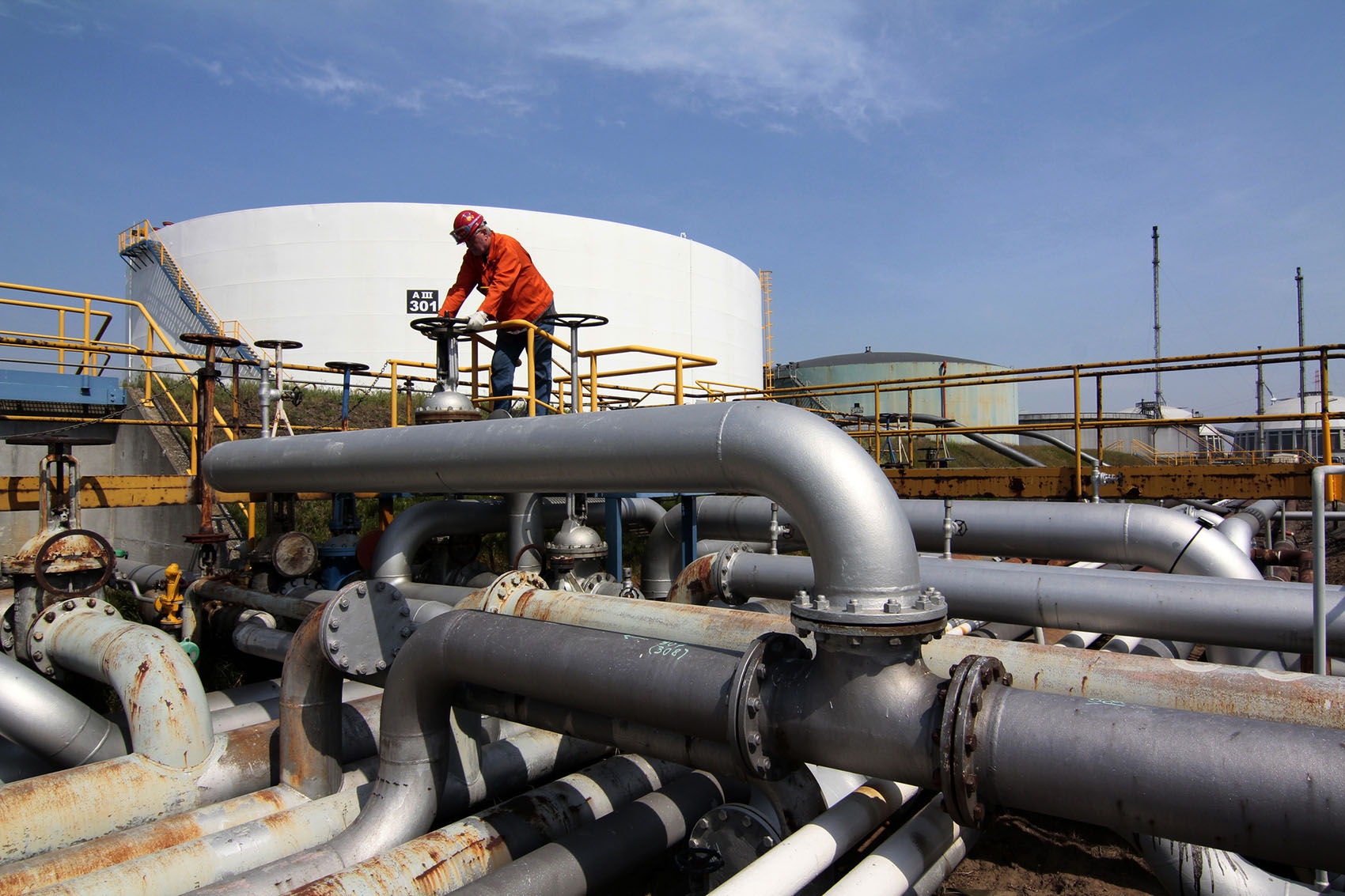Career Tips
What Is Petroleum Engineering

Petroleum engineering is largely concerned with the production of crude oil and natural gas. Experts in this discipline assess oil and gas reservoirs to estimate profitability and guarantee that the drilling procedure is completed in the safest and most efficient manner feasible. If you’re considering a career in engineering, you might want to learn more about it.
What is petroleum engineering?
Petroleum engineering is concerned with the production, exploration, and extraction of oil and natural gas from reservoirs, wells, and other natural resources. This engineering profession arose from mining engineering and has expanded in response to the world’s shifting energy requirements. Petroleum engineering has resulted in the identification of alternative energy sources including heavy oils and tar sands. This field overlaps with geology and other engineering disciplines.
What does a petroleum engineer do?
Petroleum engineers investigate and evaluate gas and oil reservoirs to determine their profitability. They may review reservoir maps to find the most effective and efficient ways to access these energy resources, as well as where to locate wells. Their major purpose is to maximize economic production from a reservoir while maintaining safety and environmental standards. Many petroleum engineers employ computer technologies to assess prospective production rates and flow from a well.
Duties that a petroleum engineer may perform include:
- Designing equipment to extract gas or oil
- Developing plans to extract natural energy sources
- Operating machinery used to drill or recover gas or oil
- Studying reservoir maps to determine the most efficient placement of wells
- Performing technical consultations to resolve problems during the drilling process
- Designing surface collections
- Developing new techniques for recovering natural gases
Branches of petroleum engineering
- There are several areas of specialization within the petroleum engineering field. Many petroleum engineers choose to specialize in one of the following branches of this industry:
Drilling engineering
- Drilling engineers oversee all parts of the drilling process in an oil field. They may design and implement drilling procedures, select equipment, and manage the drilling operation. Drilling engineers must work with a variety of firms, governments, and communities to plan and execute a drilling project.
Production and surface facilities engineering
- Individuals working in this sector of petroleum engineering oversee production after a well is completed. These engineers may employ a variety of controls and equipment to extract crude oil or gas from a well, as well as measure and control the fluids generated. This can help safeguard the safety of engineers and other workers on a drilling site.
Reservoir engineering
- A reservoir engineer focuses on how gas and oil flow through porous rock and the distribution process of these energy sources. They may establish well-drainage patterns, estimate the performance of a reservoir and create new methods to increase production. Reservoir engineers have an in-depth understanding of geology along with their engineering training and use technology to produce images of the drill sites to help with project planning.
Petrophysical engineering
- This branch of petroleum engineering is concerned with the development of tools and processes that people may use to study the properties of various energy sources. These professionals assist other petroleum engineers in better understanding the reservoir rock-fluid system. They describe the qualities of the rock and soil on the project site and collect samples for subsequent analysis. This allows them to share a clear understanding of the drilling site’s characteristics and how it may respond to the engineers’ efforts.
How to become a petroleum engineer
1. Earn a bachelor’s degree
A bachelor’s degree is normally required to start a career as a petroleum engineer. Many people choose to pursue degrees in chemical engineering, petroleum engineering, and mechanical engineering. These engineering programs provide students information and experience through specialized classes, labs, and field study experiences. A bachelor’s degree in one of these engineering professions typically requires four to five years to finish.
2. Apply for an engineering position
Many people who have earned a bachelor’s degree can apply for entry-level positions as petroleum engineers. Most entry-level engineers in this sector are supervised by more expert petroleum engineers and may be required to undergo formal training. You could also try getting an internship while still in school or shortly after graduating from your bachelor’s program. This may enable you to obtain entry-level experience and network with other engineers.
3. Become licensed
Entry-level petroleum engineering jobs rarely require license. However, increasing levels of independence and leadership positions frequently necessitate the acquisition of a Professional Engineering (PE) license. Many states require that you complete a degree from an Accreditation Board for Engineering and Technology (ABET)-accredited engineering program, take and pass the Fundamentals of Engineering (FE) exam, and have at least four years of relevant work experience before taking the exam for this licensure.
Petroleum engineer skills
To operate as a petroleum engineer, you must be able to do a variety of tasks on a regular basis. Successful petroleum engineers typically possess the following skills:
Teamwork
Petroleum engineers typically work as a team to complete projects. For example, drilling, reservoir, petrophysical and production engineers all work together to find, analyze and extract natural resources from a reservoir. Many engineers also work with various other people, such as government officials and community members, when planning a project.
Computer proficiency
Petroleum engineers frequently employ numerous systems to carry out their job functions and must be able to efficiently determine how a system operates and how various aspects influence its productivity. Computer expertise is required to navigate these programs. Engineers can typically acquire these skills through on-the-job training or while earning an undergraduate degree.
Decision-making
As a petroleum engineer, you may be required to make critical decisions that will have an impact on the project’s outcome. As part of the career’s development and extraction procedures, you may also decide on the most effective manner to do specific duties. Engineers employ related skills, such as observation and problem-solving, to guarantee they make sound decisions.
Creativity
Each new location a petroleum engineer works on may present new obstacles and necessitate the development of new methods for extracting oil or gas. As a petroleum engineer, being able to creatively assess and propose solutions for difficult drill sites might help you advance in your profession. Consider learning similar skills, such as problem solving, and engaging in creative hobbies to keep your mind active.












